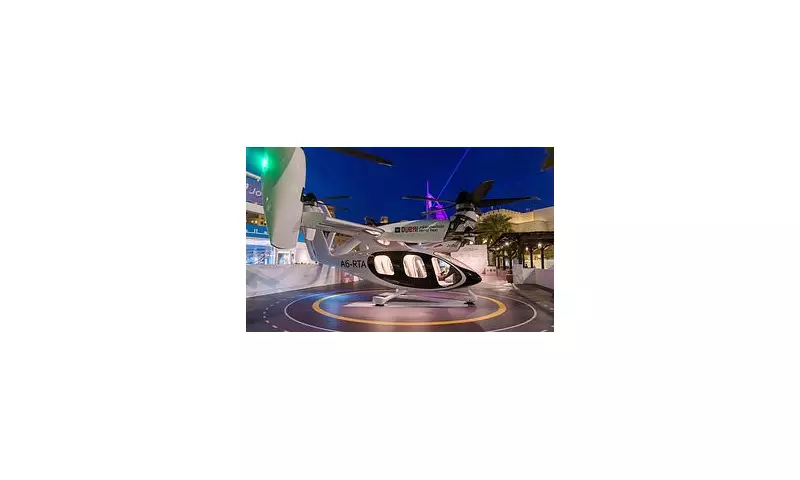
Dubai is poised to make transportation history by becoming the first city worldwide to launch a commercial flying taxi service, with full operations scheduled to commence on 31 March 2026. This groundbreaking initiative aims to revolutionise urban mobility in a city known for its luxury lifestyle and cutting-edge innovations.
The Sky-High Solution to Ground-Level Gridlock
Despite boasting an extensive network of multi-lane highways, Dubai regularly faces significant traffic congestion. During rush hour, commuters can spend up to 45 minutes covering distances of just 15km. The introduction of aerial taxis promises to slash these journey times by half, offering a swift alternative to road-based transport.
The service will be powered by California-based Joby Aviation, a pioneer in electric vertical take-off and landing (eVTOL) vehicle technology. Their flagship Joby S4 air taxi can reach speeds of up to 320km/h while producing zero emissions during operation.
Network of Vertiports Connecting Key Destinations
Dubai's electronic taxi network will comprise four strategically located vertiports – specialised areas designed for the landing, takeoff and servicing of VTOL aircraft. The main hub will be situated at Dubai International Airport, providing direct aerial links to other major locations across the city.
Other vertiport locations include:
- Atlantis, The Royal on Palm Jumeirah
- Dubai Mall, the world's busiest shopping centre that attracted nearly 111 million visitors in 2024
- Dubai Marina district at the American University in Dubai parking area
Each station is designed to handle up to 42,000 landings annually and will feature two take-off and landing pads alongside charging facilities for the aircraft.
Revolutionising Urban Commutes
The Joby S4 air taxi can carry four passengers plus a pilot and has an impressive range of approximately 161km based on testing results. Perhaps most remarkably, the vehicles operate at noise levels as low as 45 decibels – significantly quieter than conventional helicopters.
Passengers will experience a streamlined journey: after receiving a unique barcode for access to the vertiport departure lounge, they'll wait just minutes for a four-seater drone to arrive. Journeys that currently take up to 45 minutes by car, such as the route from Dubai International Airport to Palm Jumeirah, are projected to take only 10 to 12 minutes by air taxi.
The vertiport construction is already well underway, with the main site at Dubai International Airport 60% complete and scheduled to be operational by the beginning of 2026 according to Gulf News reports.
This ambitious project positions Dubai at the forefront of urban transport innovation, potentially setting a global standard for how cities address congestion while embracing sustainable technology. The flying taxi service represents a significant step toward redefining urban mobility for the 21st century.




